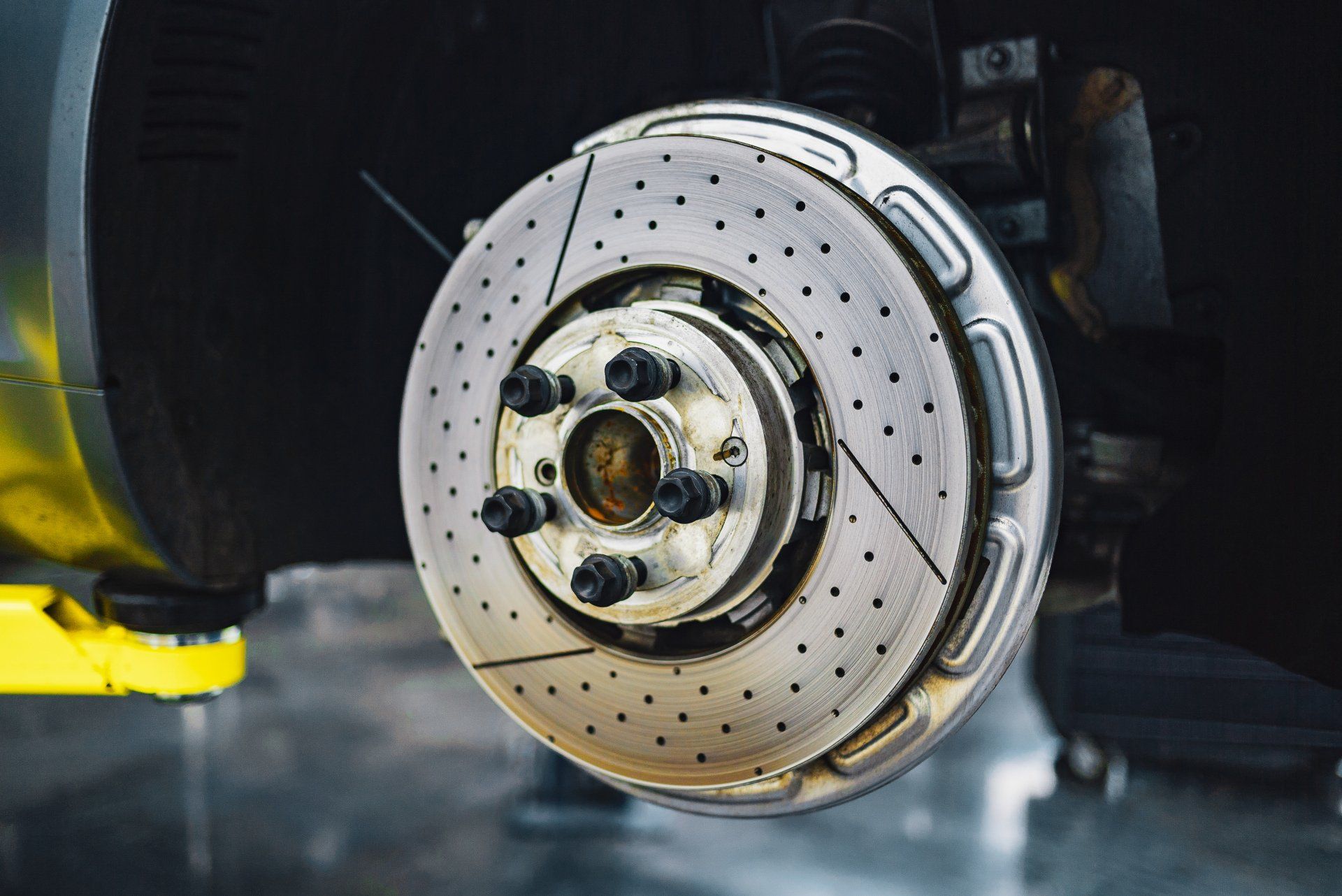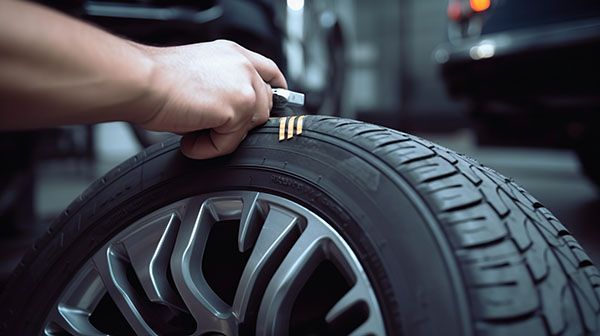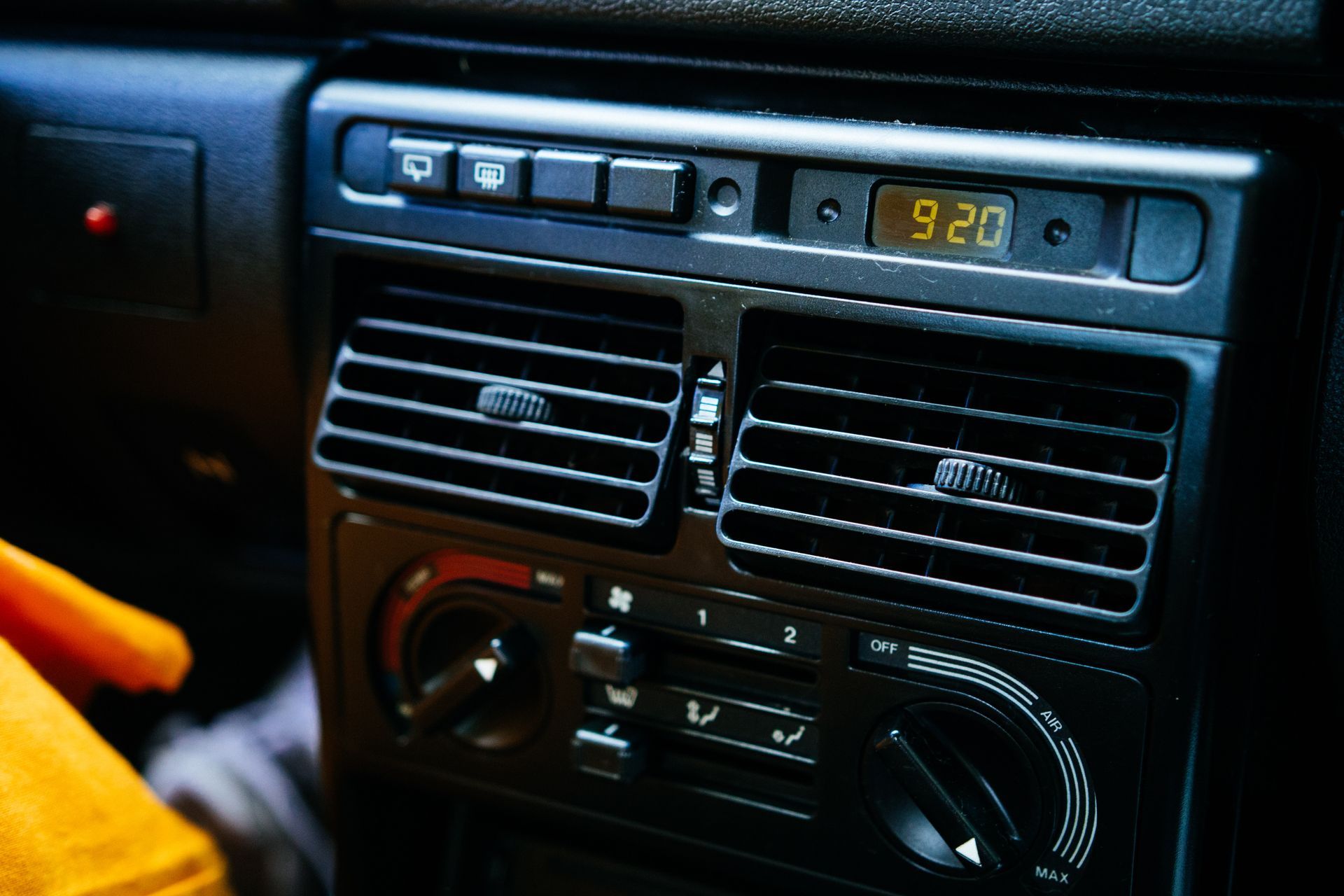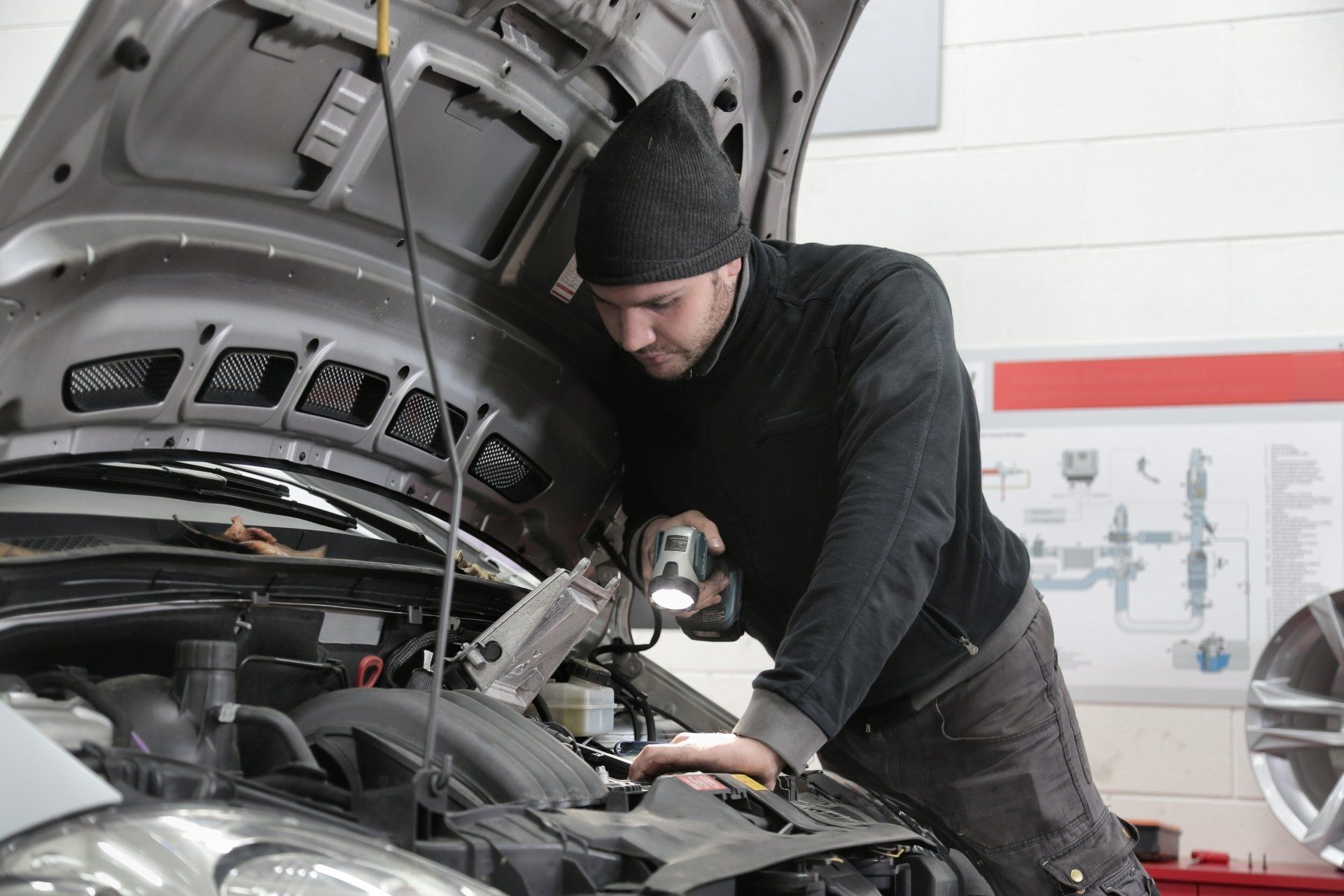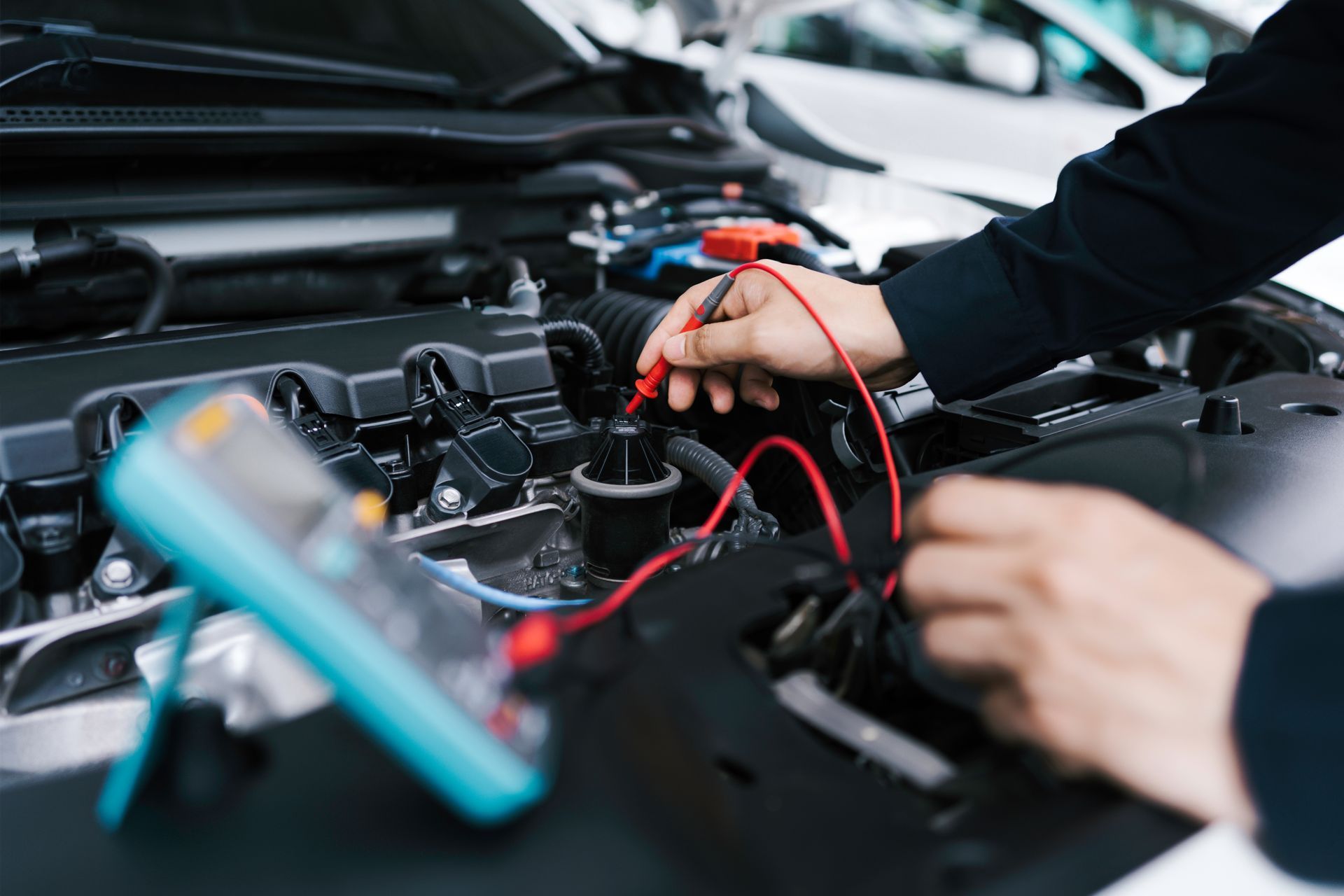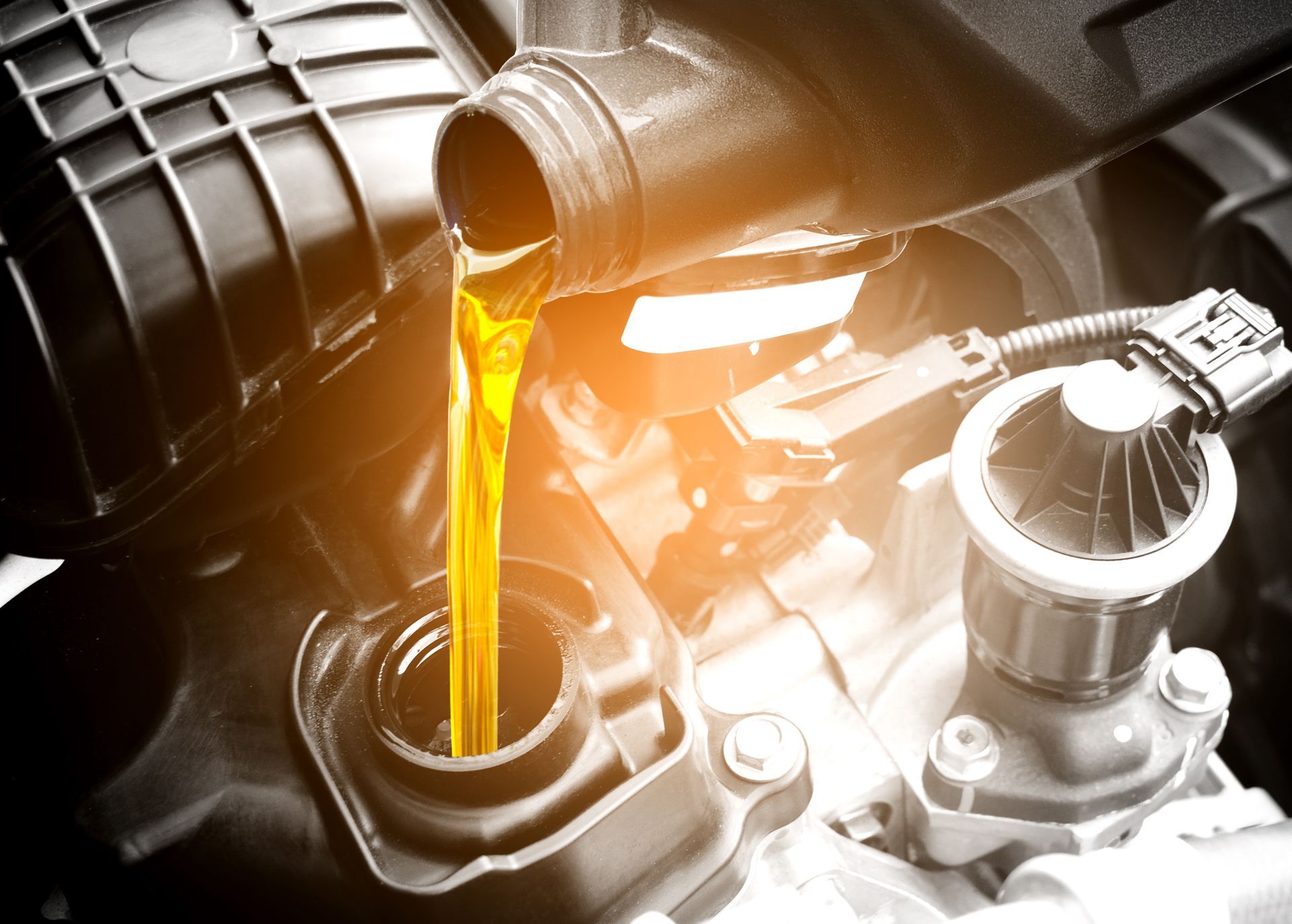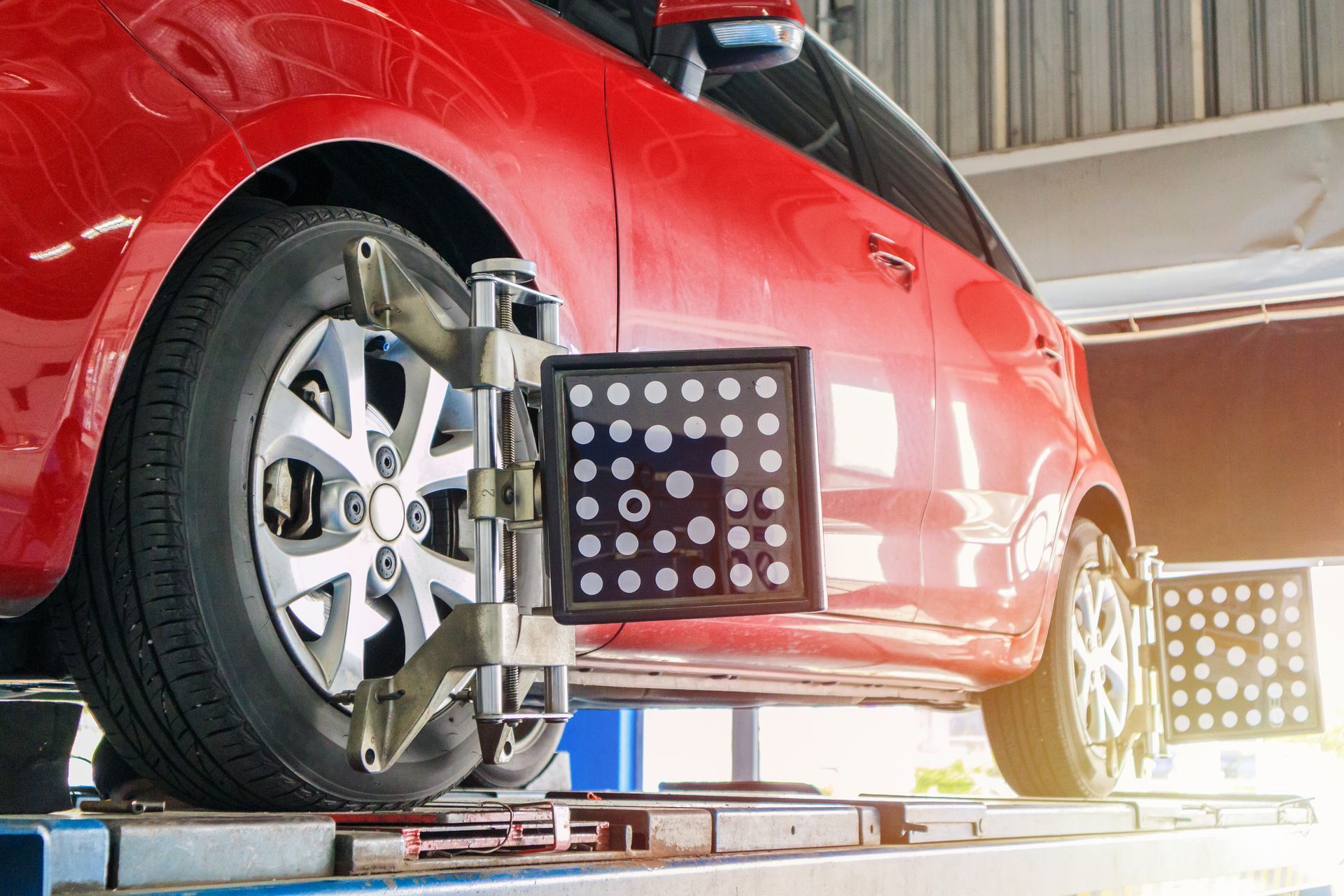When it comes to automotive repairs, understanding the differences between diesel and gasoline engines is crucial. Diesel and gasoline engines operate on different principles, requiring distinct maintenance and repair approaches. Today, we will delve into the world of engine repairs, exploring the key distinctions between diesel engine repairs and gasoline engine repairs. By understanding these differences, you'll be better equipped to address any issues that may arise with your specific engine type. Remember that a slight issue in a diesel engine can be a big problem in a gasoline engine and vice versa.
The Combustion Process
The fundamental distinction between diesel and gasoline engines lies in the combustion process. Gasoline engines rely on spark ignition, where a spark plug ignites a mixture of fuel and air. On the other hand, diesel engines employ compression ignition, where high pressure and heat cause the fuel-air mixture to ignite. This variation in the combustion process affects the repair procedures associated with each engine type.
Fuel Systems
Another significant difference between diesel and gasoline engines lies in their fuel systems. Gasoline engines typically use a fuel injection system that sprays fuel into the intake manifold. In contrast, diesel engines utilize direct fuel injection, where fuel is injected directly into the combustion chamber at high pressure. The complexity of diesel fuel systems requires specialized knowledge and equipment for repairs. Gasoline engines need precise timing for the fuel to ignite, making the system that much more complex.
Component Durability and Maintenance
Diesel engines are known for their robust construction and durability, designed to withstand the higher compression ratios and forces associated with compression ignition. This durability often results in longer intervals between maintenance and repairs. Gasoline engines, while also reliable, generally require more frequent maintenance due to the higher engine speeds, wear, and component count.
Repair Costs
Due to their intricate systems and specialized components, diesel engine repairs tend to be more expensive than gasoline engine repairs - while at the same time not needing as frequent repairs. Diesel engines often require specialized diagnostic equipment and experienced technicians who are knowledgeable about the intricacies of diesel technology. Additionally, the availability and cost of diesel-specific parts can contribute to higher repair costs.
Diesel and Gasoline Engine Repairs At Edmonds Import Auto!
If your car's engine is having issues, make sure to stop by us, and we will be happy to help out! You can also book an appointment and come at a convenient time for you!
